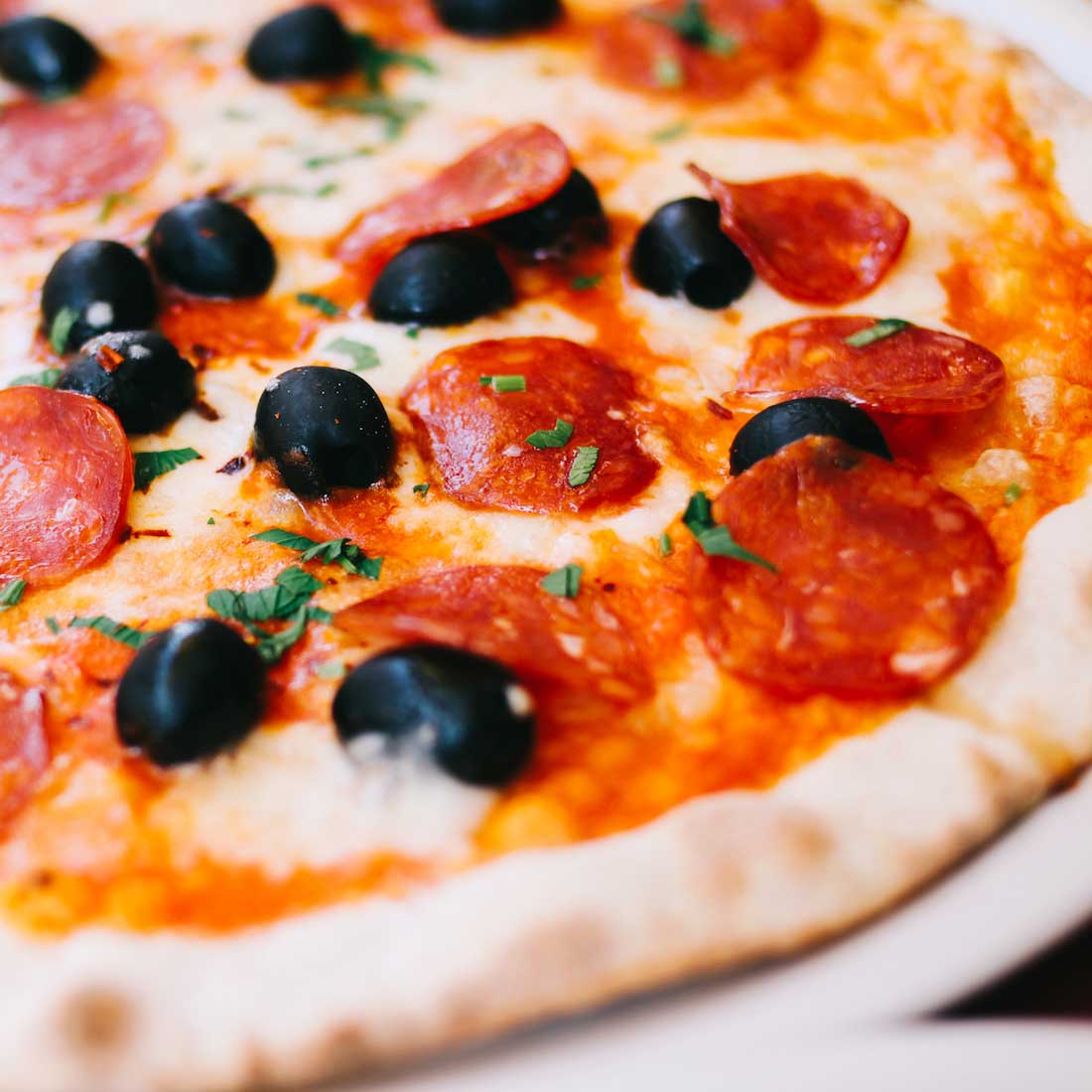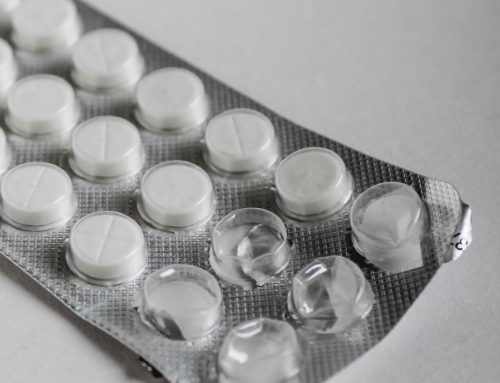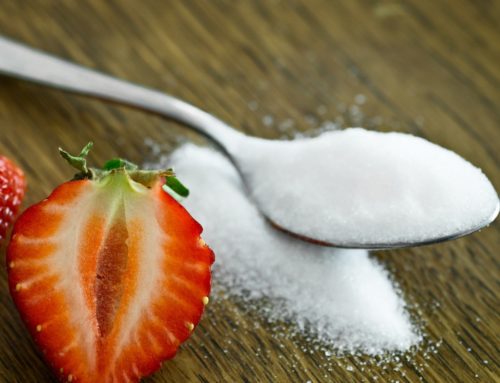I came across a term for a phenomenon I’m starting to see often. It’s leanwashing: “exaggerated or misleading health claims in food advertising, marketing, or packaging. Consumers trying to make healthy food choices are fooled into buying these not-so-healthy options.“.
Each time I’m at the grocery store, tasty-looking food with labels like “all-natural” or “low-fat” jump out at me.
We want to be healthy and lean, and we feel good when we make healthy food choices. Food marketers understand this too. Two things have happened: some food products became healthier, and others started to sound healthier without actually being better for us.
If you’re not sure which category a food product belongs to, check out this list. Put together by EnviroMedia1, it’s a list of labels you often see on food that’s not all that good for you.
The EnviroMedia Leanwashing List:
- “Natural”
- “Made with”
- “Whole grains”
- “Light”
- “100-calorie”
We’ve gathered some examples and listed them below.
Sunny-D Orange Juice
Health claims:
- Provides 15% of the daily value of Vitamin B1 to help convert food to energy.
- One serving (8oz) of SunnyD provides 100% of the daily value of Vitamin C to help maintain healthy gums and teeth.
Reality check:
- Corn syrup, the second ingredient, can cause your liver to malfunction and raises trigylcerides that can damage your arteries.
- The only fruit-related ingredients are the concentrated fruit juices. There isn’t that much in there.
- What are natural flavors, colours, and oil doing in orange juice?
- Contains sodium hexametaphosphate, a chemical used in carpet cleaning. Its official material safety data sheet (MSDS) says the chemical can irritate your lungs and windpipe.
Frosted Mini Wheats
Health claims:
- Good source of 10 essential vitamins and minerals
- 100% whole-grain wheat
- 40 grams of whole grains in each serving
- 90% of the daily value of iron for adults
- 23% of the daily value of dietary fiber for adults
Reality check:
All the health claims above may be true, but the second ingredient in Frosted Mini Wheats is sugar. Calorie for calorie, eating sugar causes us to gain weight more than eating fat does. What’s more, eating too much sugar is a direct cause of type 2 diabetes.
Naked Juice
Health claims:
Naked Juice is an interesting case. It simply brands itself as “dark leafy greens powered by kale”.
Reality check:
There’s no fiber in Naked Juice. Zip. None at all. Fiber helps you control your blood sugar levels, weight, and bowel movements. Adding fiber to your diet is one of the main benefits of eating fruits and vegetables.
What’s more, one cup of Naked Juice also gives you a whopping 18g of sugar. That’s a lot of sugar.
Also, note that Naked Juice is owned by Pepsi, clearly not a health-food company.
Chew on this
In the ideal world, we’d buy unprocessed foods all the time and cook our own meals. The more we cook, the healthier we’re likely to be.2
Sometimes though, we need something easy. Always scan the ingredient label, but find a brand of healthy food you trust. That cuts the amount of scrutiny you need – and the leanwashing you’ll come across – when you buy groceries.
Do you have more tips on food products to buy or avoid? Share your thoughts with us in the comments!




